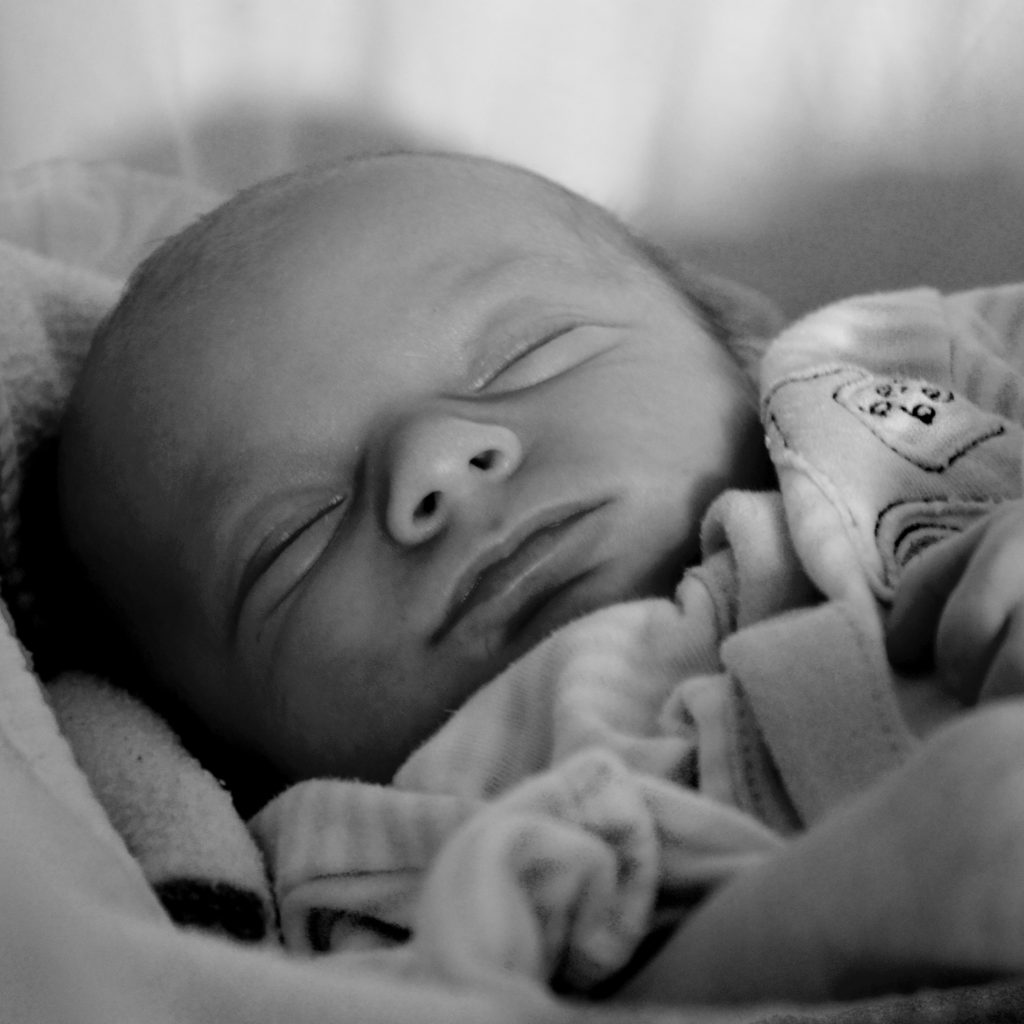Newborn Care Tips During Winter

Authored by Dr. Parimala V Thirumalesh, Sr. Consultant – Neonatology & Paediatrics, Aster CMI Hospital, Bangalore
Pune, 13 November 2023: Every year, India observes Newborn Care Week (15–21 November) to increase public awareness of the value of giving newborns extra attention. For babies, the winter months can be especially difficult since they are more vulnerable to cold temperatures and viruses.
Understanding the Vulnerability of Newborns
For a variety of reasons, newborns are more vulnerable to the cold than older kids and adults. Initially, their body surface area is less, causing them to lose heat more rapidly. Secondly, their immune systems are still developing, and their bodies are continually maturing. They are more susceptible to infections as a result.
Dressing Your Newborn
It’s crucial that you dress your newborn warmly and comfortably throughout the winter months. Don’t dress your infant too tight because this can impede blood flow and make it harder for them to regulate their body temperature. Wear loose-fitting clothes instead, preferably made of breathable materials like wool or cotton.
It’s crucial to layer your baby’s clothes as well. They’ll stay warm and retain heat thanks to this. A bodysuit and a base layer of underpants are good places to start. Next, put on a long-sleeved shirt and a layer of pants. Lastly, put on a hat, jacket, mittens, and socks.
Maintaining the Right Room Temperature
Newborns should be kept in a room that is between 23 and 25 degrees Celsius. Your baby could feel uncomfortable and quickly lose body heat if your home is excessively cold. Your baby could become overheated and suffer from SIDS (sudden infant death syndrome) your home is excessively warm.
You can use a heater or thermostat to keep the space at the proper temperature. It’s crucial to keep the heat source away from your baby’s cot, though. Additionally, you should refrain from putting electric blankets or hot water bottles in your baby’s crib.
Proper Handwashing and Hygiene
Before handling your infant, make sure you fully wash your hands. This will lessen the chance of germs spreading. Additionally, you should always wash your baby’s hands before feeding them, especially after changing their diaper.
Maintaining a clean environment for your infant is also essential. This involves cleaning your baby’s toys, changing table, and crib as well as any other surfaces they your baby may come into contact with.
Feeding Your Newborn
The best approach to feed your baby in the cold is to breastfeed. In addition to giving your infant vital nutrients, breast milk keeps them warm.
Avoiding Illness
Keeping your baby’s vaccines up to date is one of the best methods to shield them from disease over the winter. Also, you should keep your infant away from sick people. Wear a mask and wash your hands often if you or anybody else in your home is ill.
Caring for Newborn Skin
Because newborn skin is so sensitive, it can easily get dry and irritated in the cold. Use a gentle cleanser and moisturiser to maintain the health of your baby’s skin. Additionally, bathing your infant too frequently might deplete their skin of natural oils.
You can use a moisturiser on your infant multiple times a day if they start to get dry skin. An additional option for adding moisture in the air of your house is to utilise a humidifier.
Recognizing Signs of Discomfort
Understanding the warning signals of overheated or undercooled babies is crucial. Some indicators that your kid is too cold are:
● Shivering
● Pale skin
● Cold hands and feet
● Slow breathing
● Lethargy
Signs that your baby is too hot include:
● Sweating
● Flushed skin
● Rapid breathing
● Fussiness








